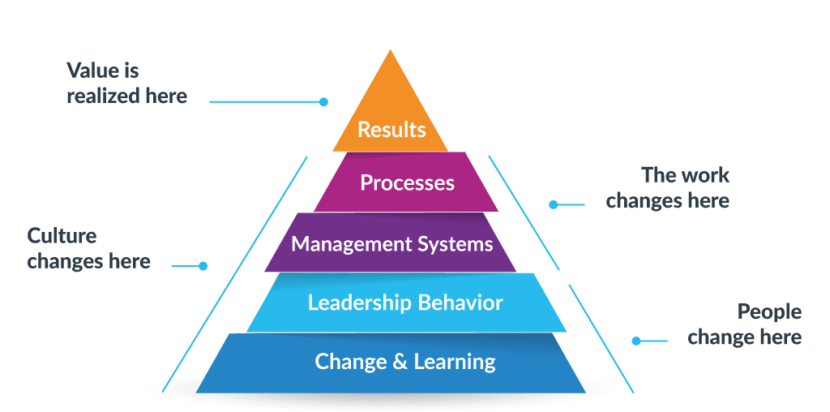Cultural transformation refers to the process of evolving the beliefs, values, behaviors, and norms within an organization to align with new goals, market realities, or operational strategies. It is a critical aspect of long-term success and sustainability. Here are several key reasons why cultural transformation is important in an organization. A successful cultural transformation ensures that employees’ behaviors and mindsets align with the organization’s vision and objectives. When culture supports the strategy, execution becomes more effective. A healthy, purpose-driven culture increases employee satisfaction, motivation, and engagement. When people feel valued and aligned with the company’s values, they are more productive and loyal.
In a fast-changing business environment, a culture that promotes openness, learning, and experimentation is essential. Cultural transformation helps organizations become more agile and innovative in facing challenges and seizing opportunities. Technology adoption often fails without the cultural readiness to embrace it. A transformed culture creates a mindset that is open to digital tools, automation, and modern business practices.
Cultural transformation is not a one-time project but an ongoing journey that enables organizations to evolve, thrive, and lead. It creates a shared purpose, drives behavior, and is the foundation of organizational success in today’s complex world.


